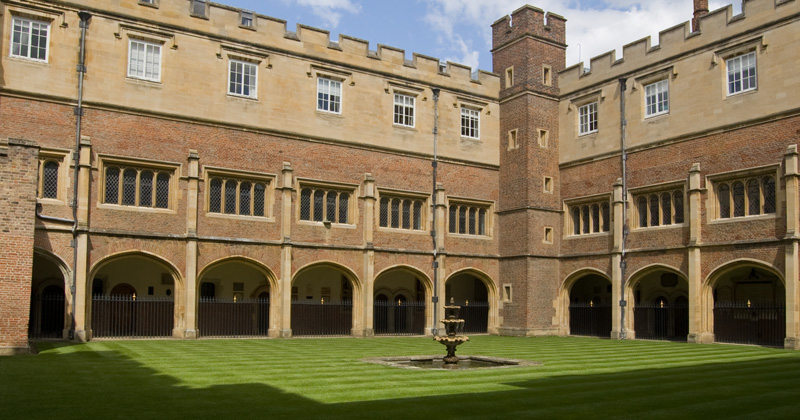New “elite” sixth forms must not become “cuckoos in the nest” which damage local education “ecosystems”, heads of existing selective institutions have warned.
But leaders believe their model can be replicated, providing plans take account of existing provision in local areas.
However, councils in boroughs earmarked for new 16-to-19 institutions are already opposing the plans, called for better funding of existing sixth forms.
What is being proposed?
In its levelling up white paper, the government said it would encourage new bids for more 16-to-19 free schools, particularly in 55 boroughs with “weak” school outcomes identified as “education investment areas”.
The Department for Education previously described the new schools as “elite”, but there was no mention of them being highly selective in the white paper.
They will “ensure talented children from disadvantaged backgrounds have access to the highest standard of education this country offers”.
Ministers last year backed a joint bid by Eton College and Star Academies to sponsor three selective sixth forms in the north and Midlands.
There are currently 29 sixth form free schools, ten of which are in London and a further seven in big cities. A further eight are in the pre-opening phase, most of which are specialist maths schools.
Replicating sixths form ‘challenging’
Harris Westminster Sixth Form requires entrants to sit an exam and attend an interview, but prioritises free school meals children in admissions.
Principal James Handscombe admitted replicating the model outside London could be a “challenge”.
“I think that you could successfully with thought and energy transfer this to any decent-sized city. I think I am much less sure that it will work in a town.”
The City of London Academies Trust runs the highly selective Newham Collegiate Sixth Form. It will also launch a new “collegiate” group of sixth forms this year, with pupils able to choose between selective providers or those with lower admission requirements.
Trust chief executive Mark Emmerson told Schools Week a similar “pathway arrangement” in metropolitan areas of the north “might be a really good way of avoiding the elite institutions taking children from the other schools, which is a potential problem”.
But he warned new sixth forms must not be “cuckoos in the nest”, adding that it was “really quite important that that borough-wide knowledge in the local area is brought into the discussion”.
Handscombe said the success of such schemes would “depend on the population and what’s there already, because one of the big challenges is not damaging the existing infrastructure and ecosystem”.
Councils already opposing
Analysis by Schools Week’s sister paper FE Week shows there are already 1,414 sixth forms and colleges in the 55 education investment areas. Of those, 303 teach fewer than 200 students, the DfE’s benchmark for a financially viable sixth form.
Councillors, officials and college leaders have already questioned plans for new provision.
Kate Groucutt, St Helens’ cabinet member for education, said the announcement would not address the underfunding of sixth forms.
Luton councillor Aslam Khan said his area already had “enough and a good breadth of” nine school sixth forms and colleges that “just need to be funded better”.
Cambridgeshire County Council, which has 55 school sixth forms and colleges, said its recent review of post-16 providers “showed there is sufficient provision for our five-year planning period”.
Darren Hankey, the principal of Hartlepool College, said a new sixth form was the “last thing Hartlepool needs on top of an FE college, a sixth form college, two school sixth forms, a specialist sixth form, and at least five private providers”.
Don’t ‘hive off’ a few pupils
Academic selection at 11 is contentious, and although most sixth forms select to some degree, some prominent institutions have been criticised in recent years for kicking out pupils in year 12.
Tom Richmond, a former DfE adviser and founder of the EDSK think tank, said: “I think it’s rather sad that any government would decide that the best way to lift up a neglected part of the country is to hive off a tiny number of pupils for ‘special treatment’ while everyone else falls further behind.”
Education secretary Nadhim Zahawi said the white paper “sets out our blueprint for putting skills, schools and families at the heart of levelling up”, and “focuses on putting great schools in every part of the country”.
















Your thoughts